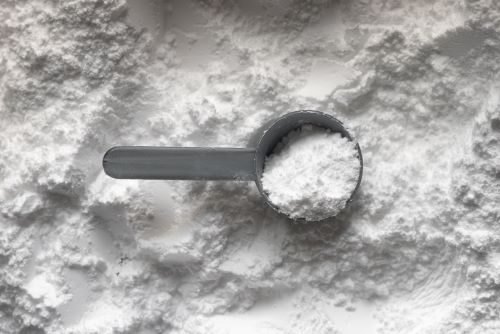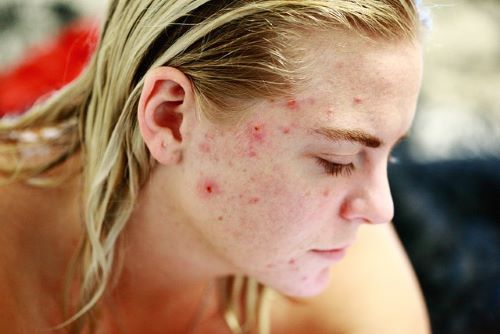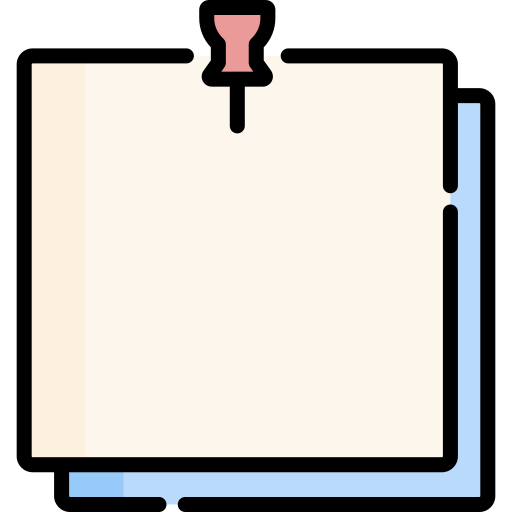
After a long time of engaging in physical activities such as exercise and sports like pickleball, you would have probably come across the word “creatine” at some point. This amino acid has many uses, but there are some side effects as well, some of them myths.
For instance, you’ve probably heard that creatine makes you sweat more. Today, we are going to bust that myth wide open. We will be exploring the wonderful uses of creatine and its real side effects.
What is Creatine?
Believe it or not, creatine is actually a naturally produced compound in your body taken from amino acids. It usually comes from meat and fish products and is stored mostly (95% in fact) in your muscles. However, eating a natural diet doesn’t usually fill up the maximum muscle stores of creatine.

Let’s have an average man weighing about 70 kg or 154 lbs as an example. From eating a natural diet, he will be able to store roughly 120 mmol/kg of creatine. But if he takes creatine supplements designed for athletic performance, his muscles will be able to store an average of 160 mmol/kg.
Now, why is this important? What does creatine do? Creatine helps muscles produce energy. Therefore, more creatine stored results in more energy produced, which is why it helps people perform better during high-intensity training or workouts.
Creatine Makes You Sweat More: Myth or Fact?
Creatine does actually make you sweat more, but it’s not as directly correlated as you might think. Meaning, just because you take creatine does not mean you’re going to be sweating like crazy all the time, even if you’re just sitting down.
The increase in sweat is directly correlated to your increased capacity to perform physical activities for longer periods of time and with more intensity. Basically: you sweat more because you are able to exercise more, thanks to the supplements.
So you don’t have to worry about sweating too much after taking creatine supplements. Just remember to drink enough water as you exercise. This is something that you should do regardless of whether or not you are taking creatine. Drinking water is essential to replace lost fluids in your body as you exercise.
Other Creatine Myths Explained
Now that the sweating myth has been explained, let’s take a look at some other myths that are holding people back from using creatine supplements:

-
Creatine Gives You Pimples
Just like the sweating myth, no study has confirmed that creatine does indeed give a person pimples after use. Again, this is more of a result-of-a-result kind of thing.
When we take creatine supplements, we get to work out more, right? And because of that, we sweat more. It is this increase in sweat that increases your risk of developing acne, especially if you don’t bother to clean or wash up after a sweaty workout.
-
Creatine Causes You to Gain More Weight
Creatine consumption does not directly result in weight gain, but it does help build muscles. More muscles means more weight. So, if you gained weight after taking creatine supplements, it’s because you’re bulking up with muscle, not because you’re getting fat.
-
Creatine Is Bad for The Kidneys and Liver
There is no actual study that proves that creatine harms our kidneys and liver. Although there have been cases of athletes passing away due to kidney or liver diseases, there is insufficient evidence to prove that creatine played a part in their demise directly.
However, creatine does raise your creatinine levels slightly. Creatinine is excess creatine that you cannot store in your body. This is usually metabolized by your liver and released through urine.
Creatinine levels are used to diagnose kidney or liver conditions. If your creatinine levels are high, it means your kidneys and liver are having a hard time metabolizing. That’s really the only relation between creatine and your kidneys and liver. There has been no data to prove that creatine is bad for the kidneys and liver.
-
Creatine Can Cause Heart Palpitations
Creatine actually can cause heart palpitations due to the increased intensity of your workouts. These are usually not harmful right away but can lead to problems in the long run if not careful, especially for those with existing heart conditions.
Palpitations come from a lack of water or dehydration, and electrolyte imbalances. This is why replenishing with enough water is a must when working out with creatine. If you have existing heart problems and conditions or are not comfortable with palpitations, it is best to not take creatine instead.
Is Creatine Allowed in Pickleball?
Creatine is allowed in any sport as it isn’t considered a drug by the Food and Drug Administration (FDA). In fact, creatine is considered a natural substance. It is one of the few supplements that you can legally use to take your training to another level.
It is regarded as a safe supplement for all ages and is recommended to be used for long-term use. This helps improve strength and endurance, preparing you for long stretches of games and increasing their intensities. Not only does creatine help increase your energy and performance during training and games, but it also helps your muscles recover after an intense workout.
Creatine increases cell hydration in your muscles. What this means is more water can be stored within your muscle cells. Water is essential for muscle growth, so the added water content will help build muscle after a workout. However, proper hydration is still the most important factor here. You can’t rely solely on creatine, so stay hydrated!
How To Take Creatine
Creatine supplements come in different forms such as beverages, powder, and tablets. You can utilize any of these forms depending on the type you are comfortable with. What is important is the amount of creatine or dosage per serving.

Take only what is recommended in the package. Or better yet, seek professional medical advice from your doctor, pharmacist, and other health professionals. NEVER use more than what is recommended.

Ideally, creatine is taken before a workout as a means to make your workouts more intense. But you can also take them after a workout as a means of recovery. This is to maximize the time when your blood is circulating and your muscles are building.
Health Concerns: Think Before Using Creatine
There are a few cautionary measures that you have to consider before taking creatine for your pickleball training. Although it is safe for all ages, some health conditions do not react well with the added creatine.
Please do NOT take creatine if you have the following conditions:
- Kidney diseases
- Diabetes
- Heart diseases
- Pregnant or breastfeeding
If unsure, please consult your doctor for any questions about taking creatine on top of your health condition.
Also, avoid the following drinks while taking creatine:
- Coffee
- Tea
- Soda
(Basically, anything that contains caffeine)
- Ephedra or any other herbal stimulants
The stimulants that you get from creatine are enough. Do not try to double down on other stimulants to “enter Beast Mode”. Trust me, it will harm your body rather than help it.
Remember that creatine is just a supplement and must therefore be taken in moderation. Too much or “taking a bit extra” will not help and will only damage your kidneys and liver. It is something that you do not need to consume for you to become a better pickleball player. There are other, healthier, more sustainable ways for you to better yourself.

So, Does Creatine Make You Sweat More?
The truth is out, creatine does make you sweat more, because it enables you to do more. With creatine supplements, you can train and work out harder in a shorter amount of time compared to what you can normally do on a natural diet. This results in you sweating more.
Creatine is a good supplement that you can use to take your pickleball training to a whole new level. However, it is always important to take only the recommended amount, and always hydrate yourself as you work out.